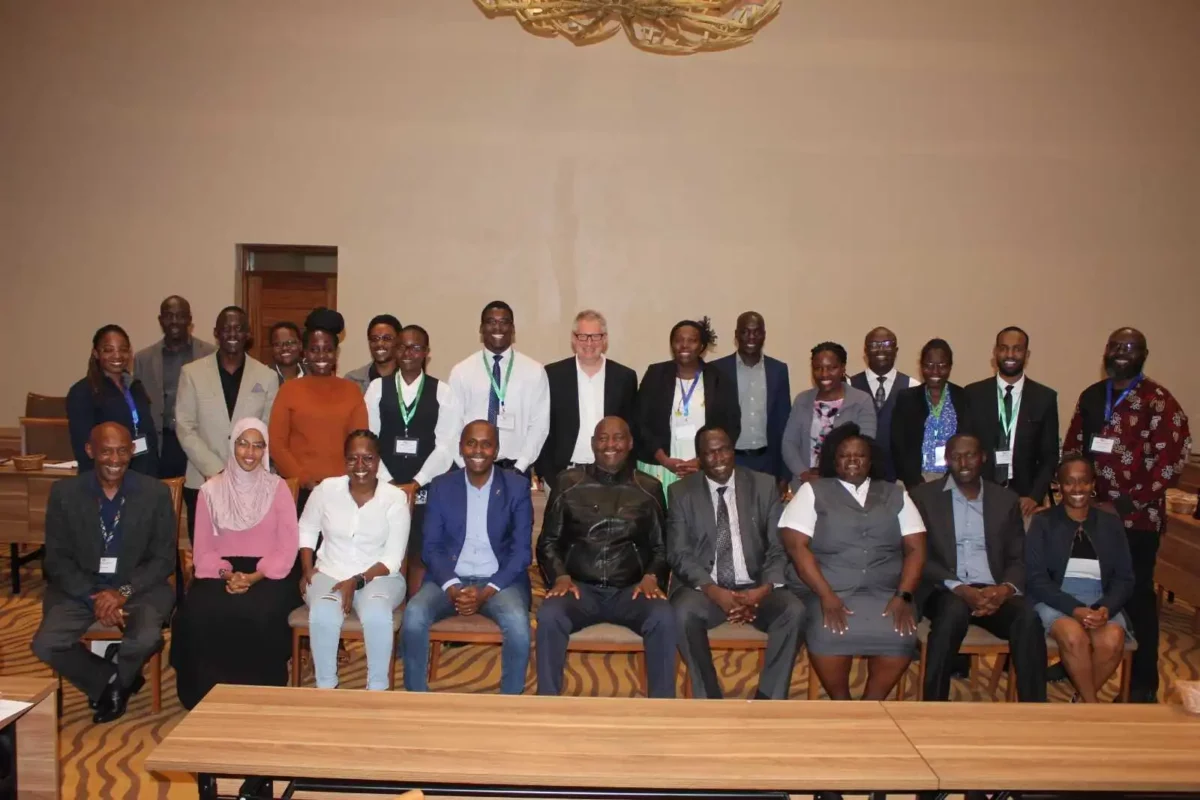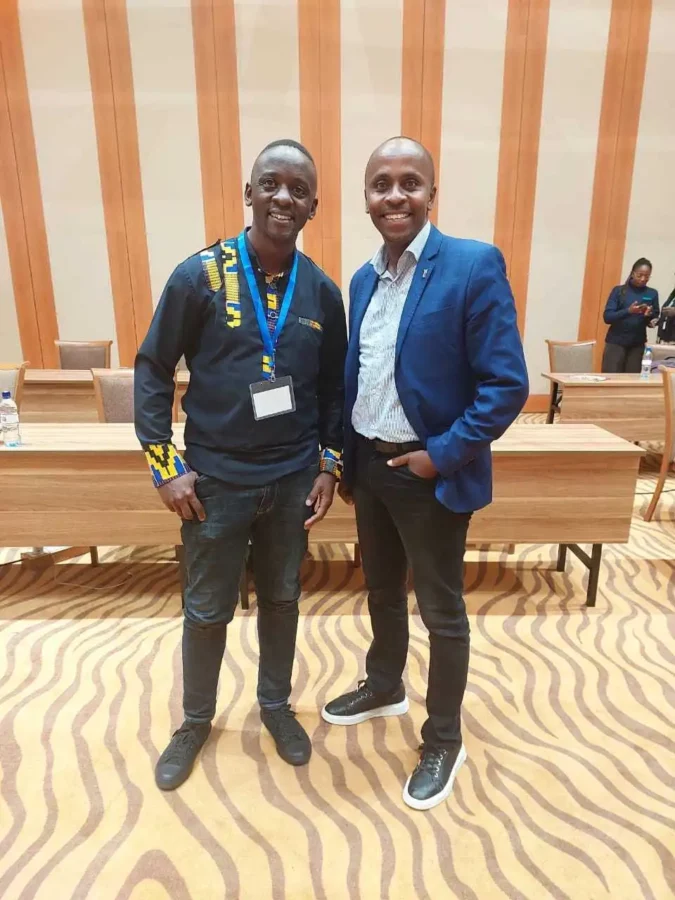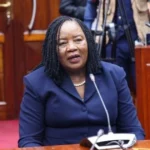The Kenyan creative space has gradually but surely grown, and it flourishes in its own right, but not without a few setbacks that need to be addressed.
The Kenyan creative space since its advent has become a steady backbone of many Kenyans, who seek their livelihood from creative artistry. With its growth slowly being catapulted by an enabling environment, there are still several policies and legal frameworks that hinder the space from attaining its full potential.
Read also: Gender-sensitive reporting will support women
Just recently, the Departmental Committee on Communication, Information, and Innovation led by its Chair, Dagoretti MP John Kiarie, alias KJ held a two-day retreat from March 24 to 25, to discuss good practices for regulating the Creative Economy.

The retreat was under the guidance of the Creative Economy Working Group (CEWG), led by Prof. Kimani Njogu. It paved way for conversations around the stringent regulations posed on creatives in Kenya, and possible solutions that would promote the growth and versatility of both the creatives and the creative industry at large.
Subscribe to our YouTube channel at Switch TV
Also in attendance were key industry players as far as the Kenyan creative space is concerned. Among them were Ben Robert- Chair of the ICT sector KEPSA, Alex Gakuru- Director of Kenya School of Law, Christopher Wambua- Ag CEO KFCB, Michael Murungi- Google Government Affairs, Kibisu Mulanda- Head of Production and Technology at Switch Media, as well as representatives from the Communications Authority (CA).

Kibisu Mulanda presented a creative’s industry pitch highlighting some of the regulations that needed to be reviewed for the betterment of the creative space.
“…on 24th & 25th March I was honoured to present the ‘creative industry’s pitch’ to the Departmental Committee on Communication, Information, and Innovation led by the Member of Parliament for Dagoretti, Hon. John Kiarie (a creative in his own right). This was done under the guidance of the Creative Economy Working Group (CEWG) led by Prof. Kimani Njogu, who is also the Director of Twaweza Communications,” Kibisu said.

The pitch that involved consultations with key creative industry players led to the emergence of a memorandum that addressed:
1. Need for tax exemptions on critical broadcast and filming equipment.
2. Need to re-look at and review exorbitant distribution fees charged to broadcasters.
3. Need to re-look at and review the filming permits & license fees regime.
4. Implementation of the 40% local content guideline by broadcasters as an avenue for content creators to earn.
5. Provided proposals on a roadmap to making the ‘Studio Mashinani’ initiative effective.
These were just a summary of the major issues that were addressed during the retreat, not forgetting a concern raised to review the outdated creative policies.
Had a lively session today discussing the @KEPSA_KENYA ICT Sector priorities for legislation with the Parliementary Comitee on ICT, chaired by @KiarieJohn. With ongoing regulatory reforms from @InfoKfcb and @CA_Kenya we are on the right track to support digital creativity. pic.twitter.com/SD8ZqQaxGK
— Ben Roberts 🇬🇧🇰🇪 (@benrobertskenya) March 24, 2023
Kiarie gave a 100% assurance of commitment on the part of the committee in supporting the ICT sector players by ensuring the introduction and adoption of necessary legislation and policies that will help towards its growth ICT sector players through ensuring the introduction and adoption of necessary legislation and policies that will help grow the sector.
This retreat is just but the first step towards achieving full creative potential in Kenya.
















